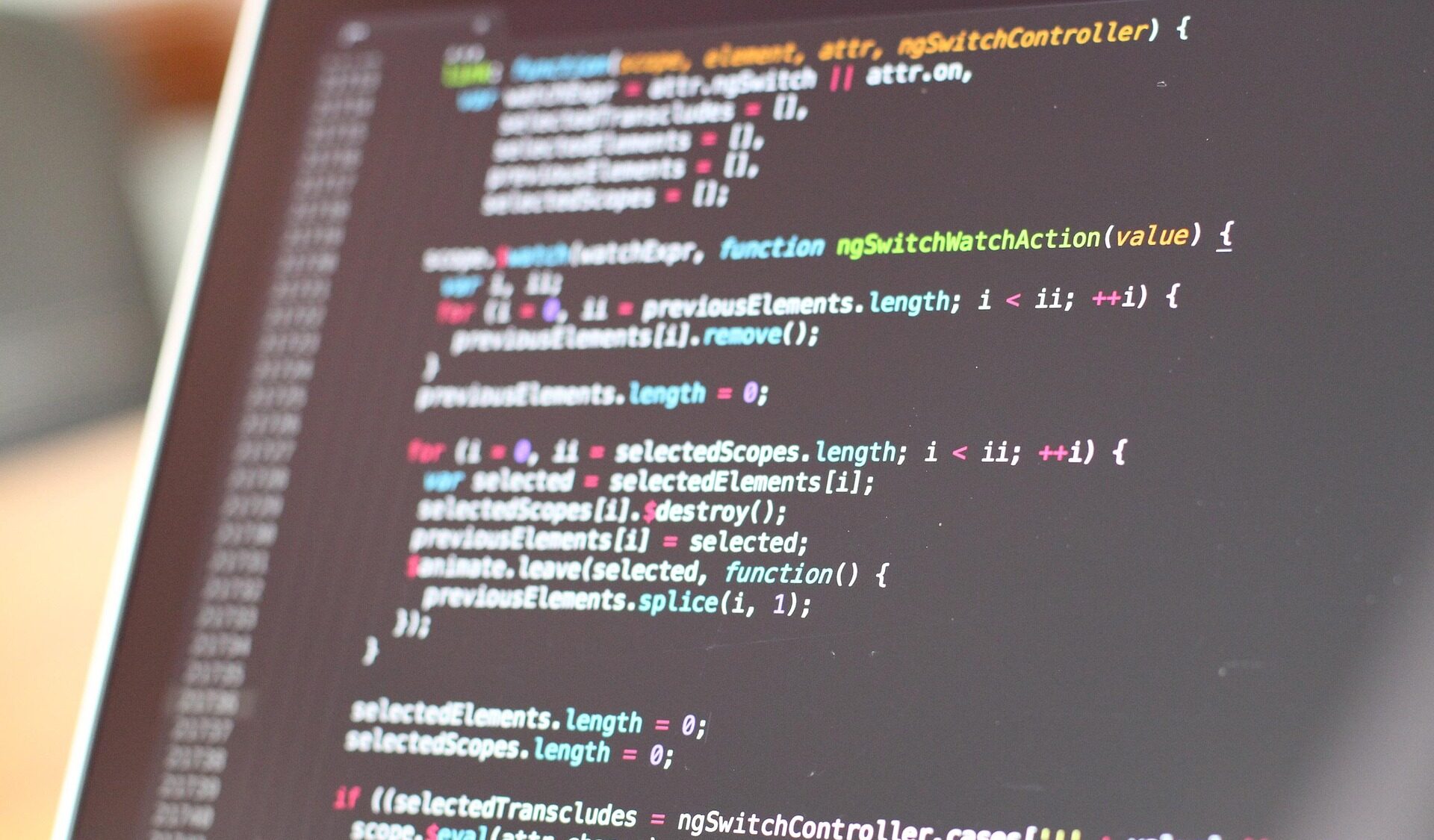
Explore contemporary Russia in a broader historical-political context – language, society, media, and geopolitics in a dynamic global context.
Learn how to create effective online courses – from didactic structure, to working with multimedia and managing LMS systems.
The aim of the course is to gain knowledge about the possibilities of using e-learning in various types of education, and skills in the field of creating and administering e-learning courses.
The student should be familiar with the basic concepts of general pedagogy and didactics. At the same time, he/she should be able to work with a computer, and navigate the Internet effectively.
After completing the course, the student is able to follow didactic principles when preparing online courses, with regard to their objectives, and to design an appropriate course structure. He/she is able to use generally valid rules for the administration and management of the LMS system, selected on the basis of set criteria. He/she demonstrates skills associated with authorial creation in an e-learning environment, includes appropriate multimedia components and interactive elements in courses – both his/her own and others’, in accordance with copyright law. He/she is also able to search for and appropriately include examples of good practice in an online course.
E-learning,
Independent student work,
Seminar teaching (discussion methods)
Multimedia-supported teaching.
Faculty of Education
KVD/ELVV
From 15. 6. 2025 to 31. 8. 2025
Winter semester 2025/2026
Lecture – Room KL 228
Seminar – Room KL 208
FPE Building, Klatovská třída 51, Plzeň
Tuesday 12:05 p.m. – 2:40 p.m.
16. 9. 2025 – 16. 12. 2025
Contact teaching: 26h
Seminar thesis: 50h
After logging in, you will be redirected to the e-application form, where you must complete the registration.
Klatovská tř. 1736/51, Pilsen

Explore contemporary Russia in a broader historical-political context – language, society, media, and geopolitics in a dynamic global context.

Programming basics in practice - learn to write, debug, and effectively structure code to solve real-world problems.

Practice your German in context – connect your language skills with the facts and current events in German-speaking countries.